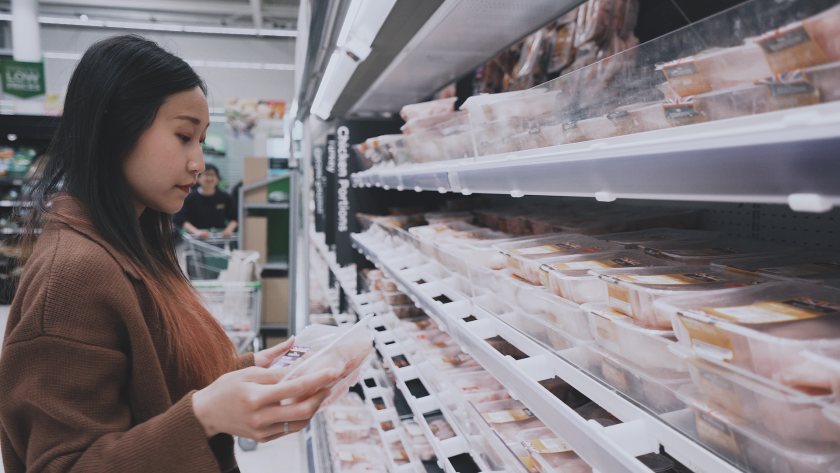
Campaigners are calling on retailers to help create a market for homegrown protein crops to help farmers ease their reliance on soya imports.
A new campaign, launched today (25 April) by the Soil Association, highlights that soya is often grown using 'highly hazardous' pesticides which are banned in the UK.
These pesticides risk the health of farm workers and local communities in the Amazon, the sustainable food charity says, and wildlife is also a victim.
Brazil has become the epicentre of soya production, often using pesticides which British farmers are not permitted to use.
More than one million tonnes of soya are imported into the UK each year to feed broiler chickens, and Brazil has ramped up production to meet global demand.
Brazil’s pesticide use has surged by 900% since 1990, and in recent years the country's President Jair Bolsonaro has loosened regulations.
Soya accounts for 60 percent of Brazil's pesticide use, despite soya only covering 40 percent of its crop land.
The Soil Association says these chemicals are killing bees and bugs, and the animals who eat those insects are being found with chemicals in their bodies.
People are also suffering, the charity adds, with around 70,000 pesticide poisonings in Brazil every year.
As part of its new campaign, the Soil Association is calling for more research into UK-grown animal feed.
A recent Innovative Farmers field lab found that sprouting wheat and vetch seeds, grain tailings, and processed beans, were all found to offer good alternative nutrients for monogastric animals.
“British farmers are facing a perfect storm of rising fuel, fertiliser and feed costs,” campaigns advisor Cathy Cliff said.
“We need to be thinking about the resilience of UK production, as well as our environmental footprint overseas.
"Now is the time to invest in UK protein crops and ease our reliance on imported soya – British businesses can lead the way in addressing this environmental challenge.”
The Soil Association has also launched a petition calling on retailers to phase out pesticides from their soya supply chain by 2030, starting now and making year-on-year progress.
It is also asking retailers to commit to scaling up alternative feeds with the ambition of reducing the soya component of chicken feed from 20% to 10% by 2030, with UK (or European) protein crops used instead.
The government should also commit to a pesticide reduction target as part of the Paris-style agreement for nature that will be signed at the COP 15 biodiversity summit in China later this year.
The summit is set to introduce targets across a range of environmental outcomes, among them a two-thirds percentage reduction target for pesticide use.
